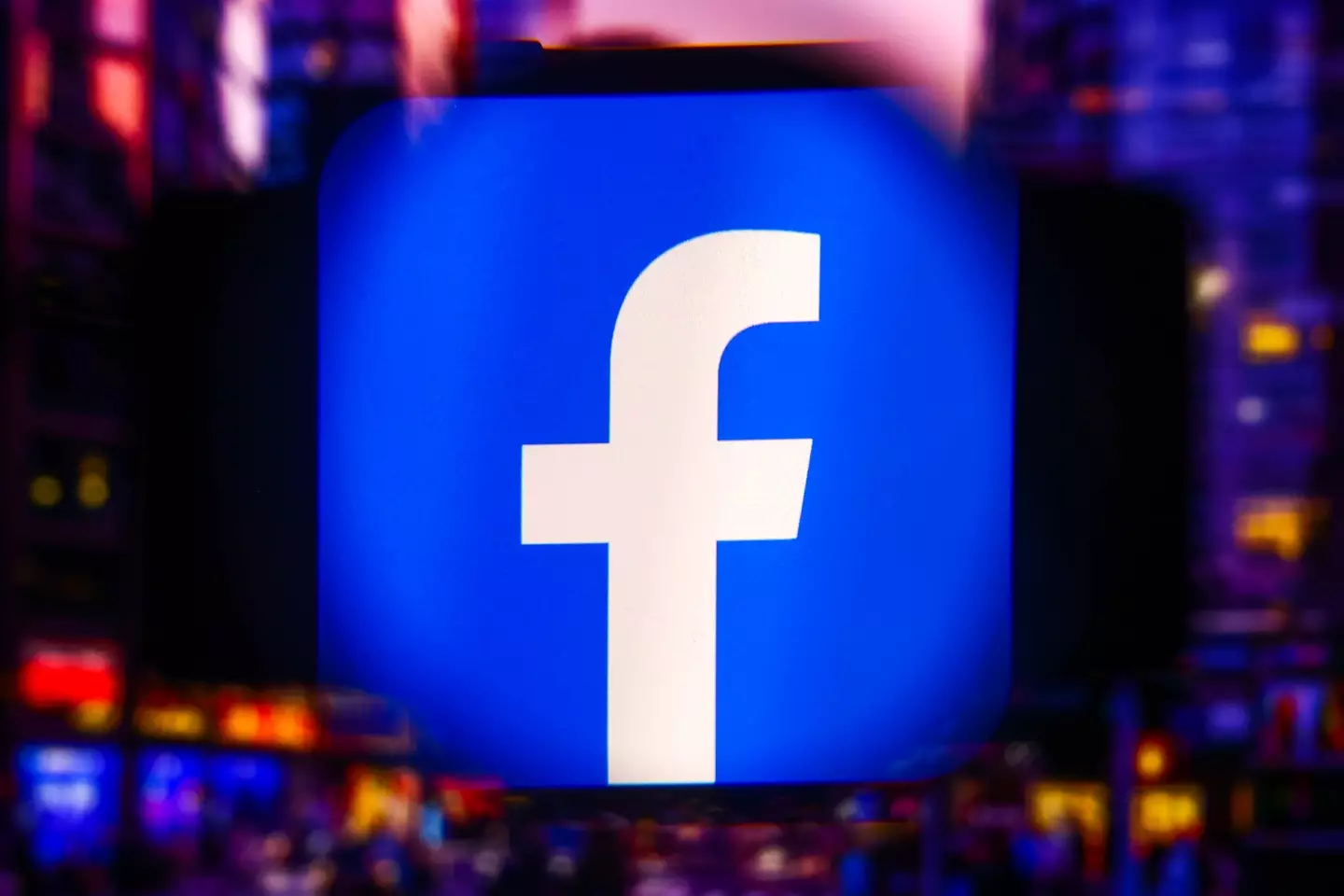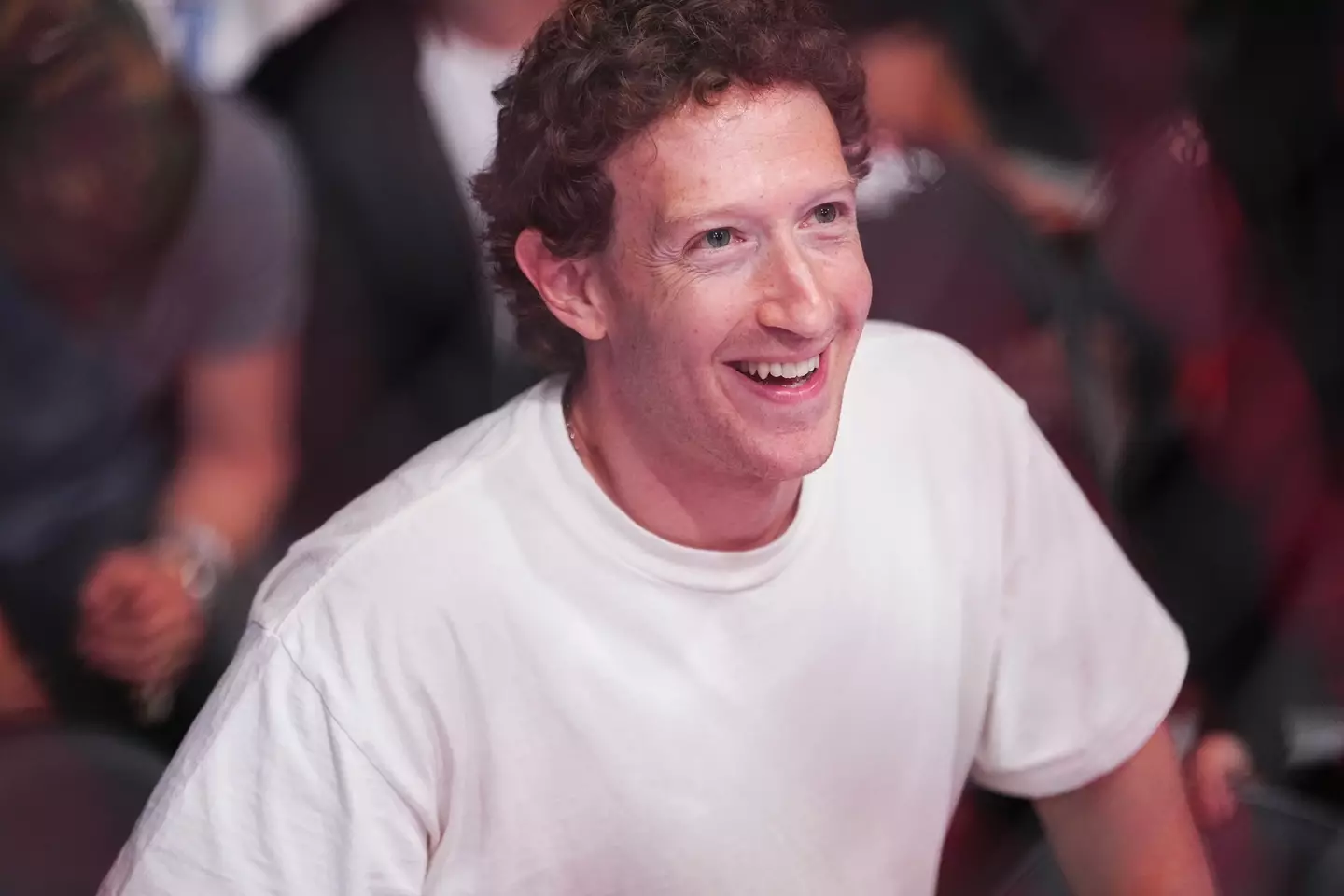Mark Zuckerberg could have to wave goodbye to Instagram and WhatsApp if a trial doesn’t swing Meta’s way.
Today (April 14), the Federal Trade Commission (FTC) and Meta are set to go head-to-head in court off the back of a nearly six-year investigation by the FTC over whether or not Meta broke competition laws.
The US competition and consumer watchdog alleges Mark Zuckerberg’s company bought Instagram and WhatsApp in a bid to ‘suppress, neutralize and deter serious competitive threats’ of Facebook – Meta buying the former in 2012 and the latter two years after.
The accusations against Meta
The complaint accuses Facebook of having turned to ‘anticompetitive means’ to defend itself against competitors by acquiring Instagram, WhatsApp and also ‘the anticompetitive conditioning of access to its platform to suppress competition’.
It states: “After identifying two significant competitive threats to its dominant position—Instagram and WhatsApp—Facebook moved to squelch those threats by buying the companies, reflecting CEO Mark Zuckerberg’s view, expressed in a 2008 email, that ‘it is better to buy than compete’.
“To further entrench its position, Facebook has also imposed anticompetitive conditions that restricted access to its valuable platform—conditions that Facebook personnel recognized as ‘anti user[,]’ ‘hypocritical’ in light of Facebook’s purported mission of enabling sharing, and a signal that ‘we’re scared that we can’t compete on our own merits’.”
The complaint alleges Facebook’s conduct has helped it ‘suppress, deter hinder, and eliminate personal social networking competition and maintain its monopoly power in the US personal social networking market, through means other than merits competition’.
But why is this so bad?

Meta acquired Instagram and WhatsApp within two years of each other (Jonathan Raa/NurPhoto via Getty Images)
Well, the complaint argues ‘in doing so, Facebook deprives users of personal social networking in the United States of the benefits of competition, including increased choice, quality, and innovation’.
“Facebook cannot justify this substantial harm to competition with claimed efficiencies, procompetitive benefits, or business justifications that could not be achieved through other means,” it adds.
It resolves: “Today, Facebook’s course of conduct to unlawfully maintain its personal social networking monopoly continues, and must be enjoined. Facebook continues to hold and operate Instagram and WhatsApp, and continues to keep them positioned to provide a protective ‘moat’ around its personal social networking monopoly. Facebook continues to look for competitive threats, and will seek to acquire them unless enjoined. Likewise, Facebook’s imposition of anticompetitive conditions on APIs continued until suspended—at least for the time being—in the glare of attention from governments and regulators around the globe. Facebook will resume those policies or equivalent measures unless enjoined.”
So, what has Meta said?

Zuckerberg is reportedly expected to testify (Craig T Fruchtman/Getty Images)
Meta’s argument
In a post to its site titled The FTC’s Weak Case Against Meta Ignores Reality, chief legal officer Jennifer Newstead accuses the FTC of alleging its ‘only competitors are Snapchat and an app called MeWe’.
Meta has argued the trial ‘will show what every 17-year-old in the world knows’: Instagram, Facebook and WhatsApp compete with Chinese-owned TikTok, YouTube, X, iMessage and many others’ and also that Instagram users have had a better experience since it took over the platform.
Newstead slams the FTC’s case as ‘ignoring how the market actually works and chas[ing] a theory that doesn’t hold up in the real world,’ branding it overall as ‘weak’ and noting Meta is ‘confident’ in it’s case.
However, should Meta lose? Well, it could see Zuckerberg forced to sell Instagram and WhatsApp.
The trial is expected to last for around seven to eight weeks, as per NPR and Zuckerberg himself is expected to testify with U.S. District Judge James Boasberg leading the trial.
A Meta spokesperson told the BBC: “More than 10 years after the FTC reviewed and cleared our acquisitions, the commission’s action in this case sends the message that no deal is ever truly final.”
Shocking message Mark Zuckerberg sent to friend just after launching Facebook revealed
Mark Zuckerberg founded Facebook over two decades age
The message Mark Zuckerberg sent to a friend just after he launched Facebook has been revealed.
The Meta-owned social media platform is the biggest on the globe, with Facebook having a whopping 3.07 billion active users.
That puts it way ahead of the likes of WhatsApp, YouTube, Instagram, and TikTok.
But believe or not, there was a time when Facebook wasn’t the social media juggernaut we see today.
Zuckerberg and four fellow Harvard students founded the social media platform in 2004, and it really blew up from there.
In February 2004, the now-Meta CEO spoke to the Harvard Crimson about his new website amid concern of all the personal details you had to put into the site.

Facebook launched in 2004 (Beata Zawrzel/NurPhoto via Getty Images)
“There are pretty intensive privacy options,” Zuckerberg said at the time. “People have very good control over who can see their information.”
During the first few weeks of Facebook being on the internet, Zuckerberg was speaking to a friend about the social media platform.
At the time, there was a lot of concern about people’s identities and whether you could trust Facebook.
I mean, it was a completely new concept during the time.
During this period of worry, Zuckerberg had a conversation with a friend on instant messenger, which was later leaked and published by Silicon Valley Insider.
The exchange went as followed:
Zuckerberg: yea so if you ever need info about anyone at harvard
Zuckerberg: just ask
Zuckerberg: i have over 4000 emails, pictures, addresses, sns
Friend: what!? how’d you manage that one?
Zuckerberg: people just submitted it
Zuckerberg: i don’t know why
Zuckerberg: they ‘trust me’
Zuckerberg: dumb f***s


Messages Mark Zuckerberg sent were leaked (Jeff Bottari/Zuffa LLC via Getty Images)
Jim Breyer, who was a member of the Facebook board from 2005 to 2013, spoke to The New Yorker about the leaked messages and the damage it had done.
He said: “Based on everything I saw in 2006, and after having a great deal of time with Mark, my confidence in him as C.E.O. of Facebook was in no way shaken.
“He is a brilliant individual who, like all of us, has made mistakes.”
Zuckerberg himself addressed the leak, telling the outlet he ‘absolutely’ regretted sending the messages.
He added: “If you’re going to go on to build a service that is influential and that a lot of people rely on, then you need to be mature, right?
“I think I’ve grown and learned a lot.”
